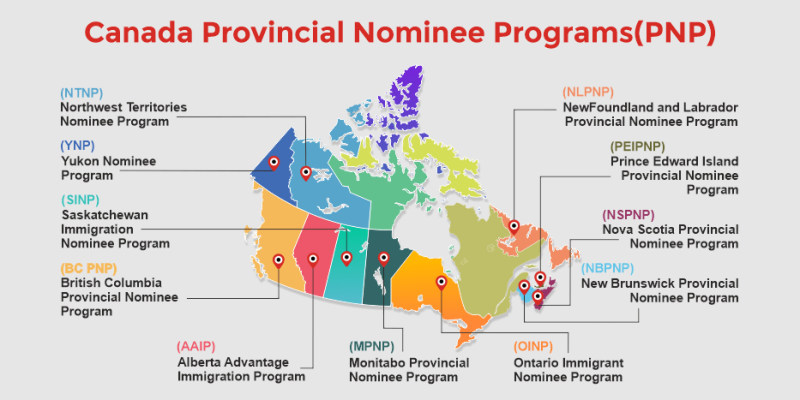Navigating Ontario's Immigration Changes

Ontario's immigration program adapts to new federal guidelines.
In a notable shift from the previous year, Ontario's Provincial Nominee Program (OINP) has seen a significant reduction in the number of invitations to apply (ITAs) for permanent residency. This development comes as part of a broader trend among Canada's Provincial Nominee Programs (PNPs), which are adjusting to decreased immigration allocations for 2025.
Current Open Streams and Invitation Issuances
As of now, the OINP has issued just four ITAs in 2025, a stark contrast to the 14,760 invitations extended during the same period in 2024. This limited issuance was conducted under the Employer Job Offer: Foreign Worker stream, targeting candidates in the federal Economic Mobility Pathways Project (EMPP). The EMPP is designed to provide skilled refugees and displaced individuals with pathways to employment in Canada.
Despite the paucity of ITAs, the OINP continues to accept new Expressions of Interest (EOIs) across multiple streams. These include:
- Employer Job Offer: Foreign Worker stream
- Employer Job Offer: International Student stream
- Employer Job Offer: In-Demand Skills stream
- Master's Graduate stream
- PhD Graduate stream
Additionally, the OINP maintains its Express Entry-aligned streams, which operate on a passive consideration model. Candidates with valid Express Entry profiles are automatically considered for these streams, provided they meet the eligibility criteria. Notifications of Interest (NOIs) are issued to eligible candidates, who can then apply for a provincial nomination that significantly boosts their chances of securing permanent residency.
Eligibility Criteria Overview
The eligibility for each OINP stream varies, but common requirements include a job offer for employer streams, educational qualifications, and language proficiency for graduate and Express Entry streams. Notably, all candidates must demonstrate an intention to reside in Ontario and maintain valid temporary status if applying from within Canada.
Detailed Stream Requirements
-
Employer Job Offer Streams: Require a full-time, permanent job offer in a skilled occupation, paying at least the median wage in Ontario. Candidates must also have relevant work experience and any necessary professional licensing.
-
Graduate Streams: Require a master's or PhD degree from an eligible Ontario institution, language proficiency, and evidence of residing in Ontario for at least one of the previous two years.
-
Express Entry-Aligned Streams: Candidates need an Express Entry profile and must meet the requirements for the Canadian Experience Class or Federal Skilled Worker Program, along with educational and language qualifications.
Provincial Immigration Slowdown: A National Context
The slowdown in Ontario's immigration activities mirrors a nationwide trend following the Canadian government's decision to halve provincial immigration allocations. This move, announced by Immigration, Refugees and Citizenship Canada (IRCC) in October 2024, aims to recalibrate immigration levels amidst concerns over housing and affordability.
The overall PNP allocations have been reduced from 110,000 immigrant landings in 2024 to just 55,000 in 2025. Consequently, many provinces, including Ontario, have had to adjust their immigration strategies. For instance, New Brunswick has tightened its eligibility criteria, while the Yukon has postponed its application intake.
Despite these challenges, there is a potential path for provinces to recover some of their allocations by accepting more humanitarian immigrants.
As the landscape of provincial immigration continues to evolve, Ontario remains committed to welcoming new residents through its varied and strategically designed immigration streams, albeit at a reduced pace.
 Author: Azadeh Haidari-Garmash, RCIC
Author: Azadeh Haidari-Garmash, RCIC
